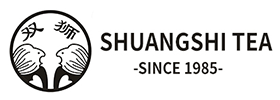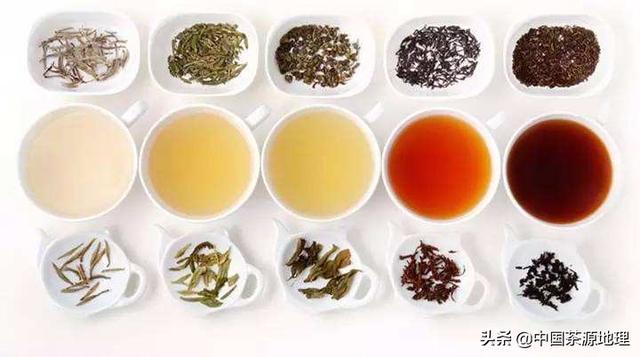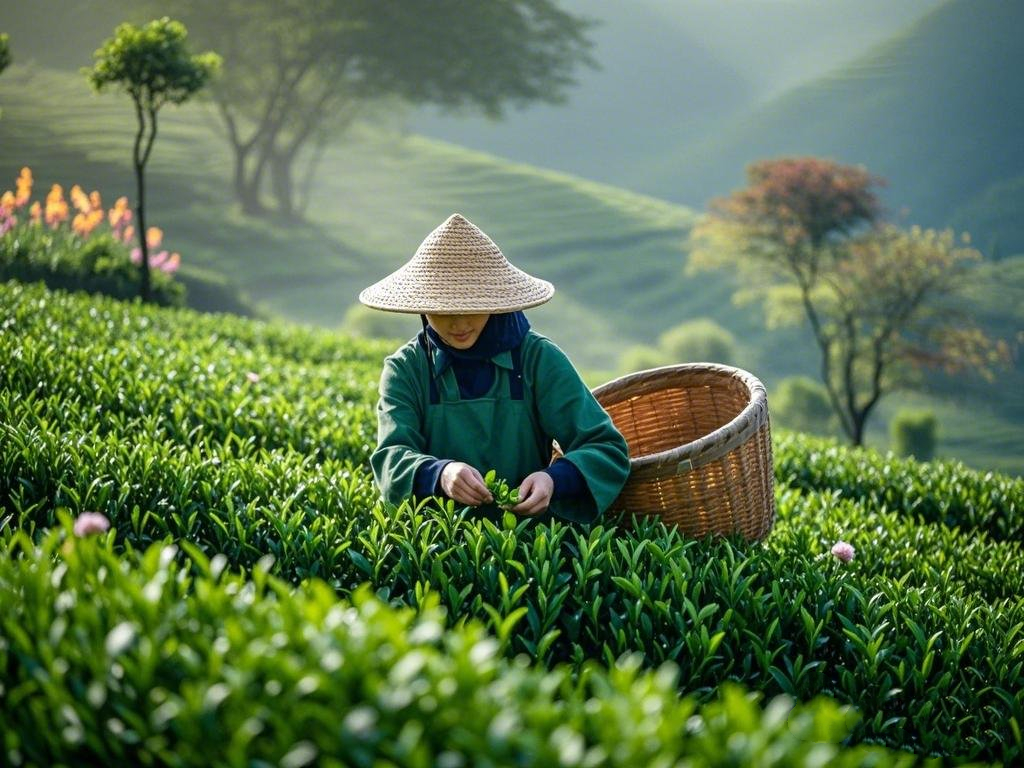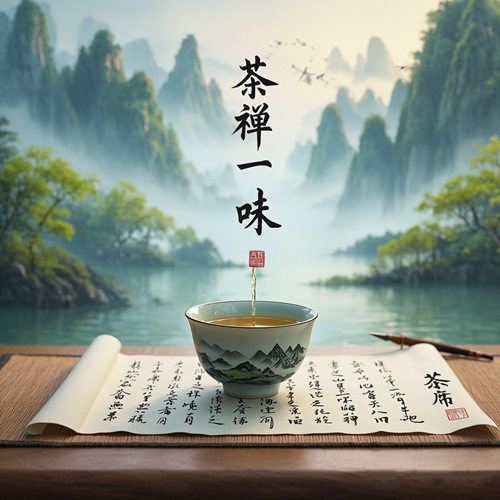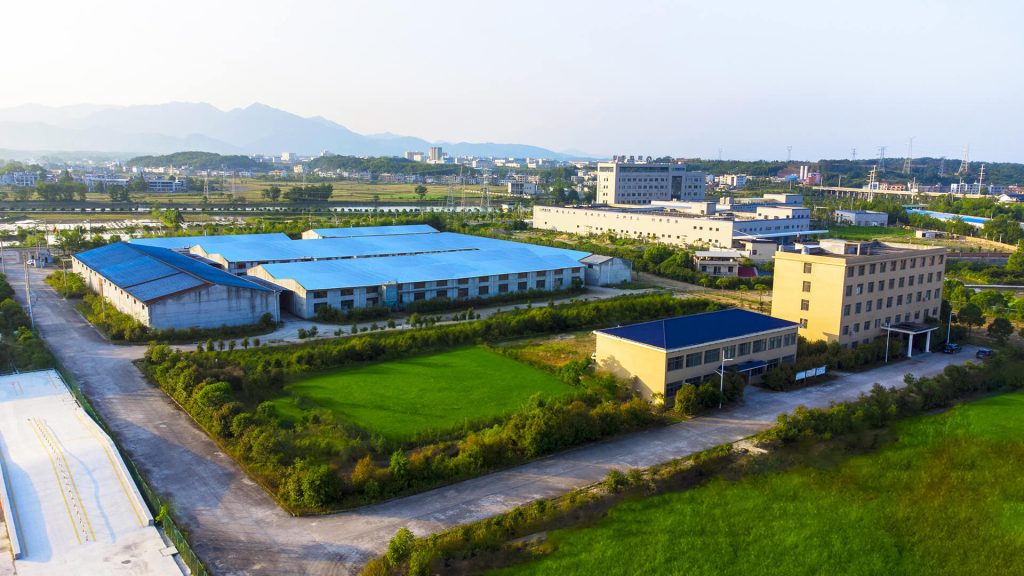By [ Hubei Shuangshi Tea Co.,LTD ], [News Outlet] February 27, 2025
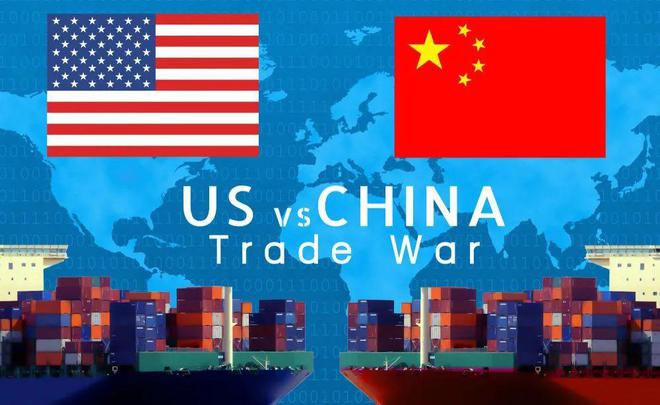
U.S. Tea Industry Braces for Price Hikes as Trade Partners Threaten Retaliation
WASHINGTON, D.C. — The Trump administration announced sweeping tariffs of 15% on imported tea products today, a move critics warn could disrupt global supply chains, inflate consumer prices, and escalate trade tensions with major exporters like China, India, and Sri Lanka. The policy, set to take effect April 1, 2025, directly targets black, green, oolong, and herbal teas, impacting a $12 billion U.S. market that relies on imports for 90% of its supply.
Policy Rationale and Domestic Pushback
Former President Donald Trump framed the tariffs as a bid to “revive America’s forgotten tea fields” during a rally in South Carolina. “For decades, we’ve let foreign nations dominate an industry rooted in American history,” he said, referencing colonial-era tea cultivation. “This tariff will bring jobs back to our heartland.”
However, the U.S. Tea Importers Association (USTIA) countered that domestic production meets less than 3% of demand. “This isn’t a lifeline for farmers—it’s a tax on working families,” said USTIA President Laura Chen. Analysis by the group projects average retail price increases of 18–25%, with specialty teas like Darjeeling and matcha facing steeper hikes. Small businesses, including over 5,000 U.S. cafes and retailers, warn of profit margin collapses.
International Backlash Emerges
China’s Commerce Ministry condemned the tariffs as “a reckless revival of 2018-style protectionism,” hinting at potential retaliatory measures targeting U.S. agricultural exports. India, which supplies 22% of U.S. black tea imports, called for emergency World Trade Organization (WTO) consultations. “This destabilizes decades of fair trade,” said Indian Trade Minister Rajiv Mehta.
Sri Lanka, the world’s fourth-largest tea exporter, faces an existential threat: 8% of its GDP comes from tea exports, with 15% destined for the U.S. market. “We’re exploring legal avenues and alternative markets,” said Export Development Board Chairperson Malini Seneviratne.
Uncertain Future for U.S. Tea Farms
Proponents like the American Farmers Alliance argue the tariffs could spur investment in domestic tea production. Experimental farms in Hawaii and South Carolina have begun trials with climate-resilient tea cultivars, backed by $50 million in USDA grants. Yet, experts note practical hurdles: tea plants require 3–5 years to yield harvestable leaves, and U.S. labor costs remain 300% higher than in Asian producing nations.
“Even with tariffs, rebuilding a competitive industry would take a decade,” said MIT agricultural economist Dr. Emily Zhou. “Meanwhile, consumers will pay the price.”
Market Reactions and Supply Chain Shifts
Preemptive stockpiling has already driven global tea prices up 9% this week. Importers are scrambling to renegotiate contracts, with some shifting focus to tariff-exempt partners like Kenya and Argentina. Online retailer TeaCart.com reported a 200% surge in panic-buying, while Starbucks and McDonald’s hinted at menu price adjustments.
The European Union and UK, though unaffected by the tariffs, pledged solidarity with impacted nations. “This unilateral action undermines multilateral trade systems,” said EU Trade Commissioner Markus Müller.
Political Implications
With the 2025 presidential race heating up, the tariff decision has split voters. Rural conservatives applaud the “America First” symbolism, while urban consumers blast it as inflationary. Democratic nominee Governor Lisa Perez called it “a desperate ploy to distract from healthcare and climate failures.”
As the April 1 implementation deadline looms, stakeholders await potential legal challenges and congressional pushback. For now, the world’s second-largest tea importer has steeped itself in a fresh trade storm—one that could leave a bitter taste for millions of American drinkers.
#TrumpTariffs2025 #TeaTradeWar #GlobalSupplyChain #USChinaTrade #Inflation2025 #TeaPriceHike #IndiaTeaExports #SriLankaEconomy #USTariffsUpdate #AgriculturePolicy #TradeRetaliation #SmallBusinessImpact #WTOConflict #FoodInsecurity #ProtectionismDebate
